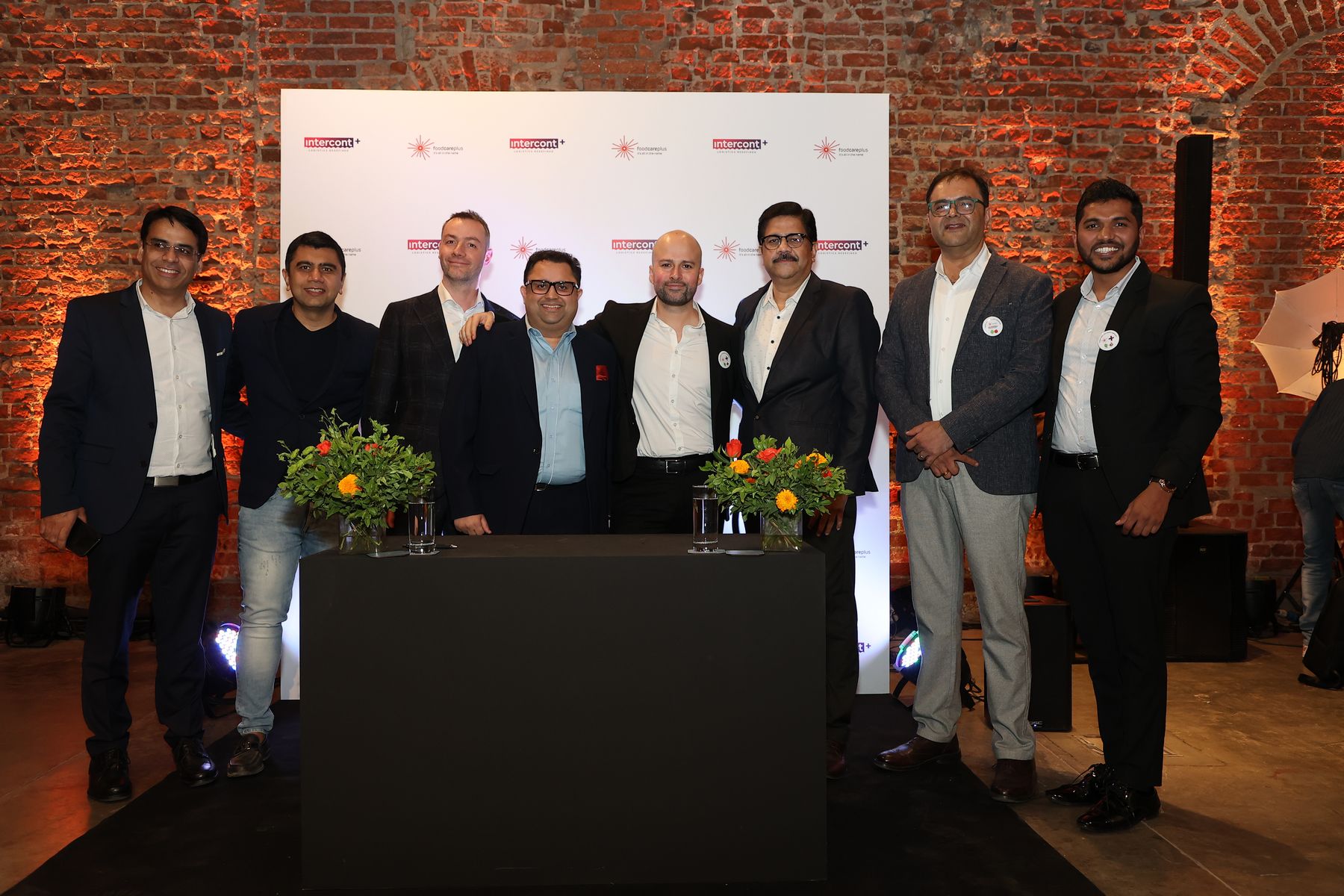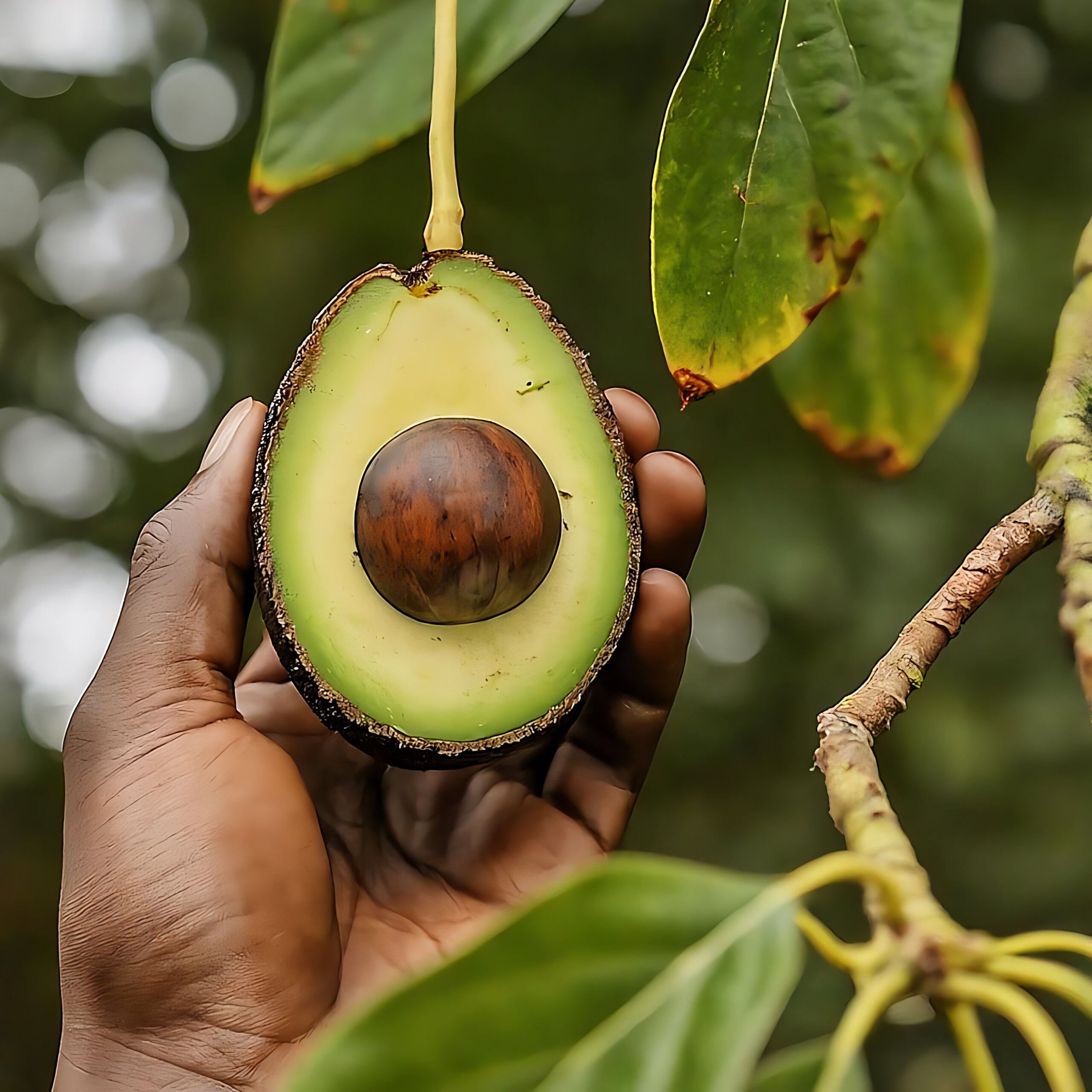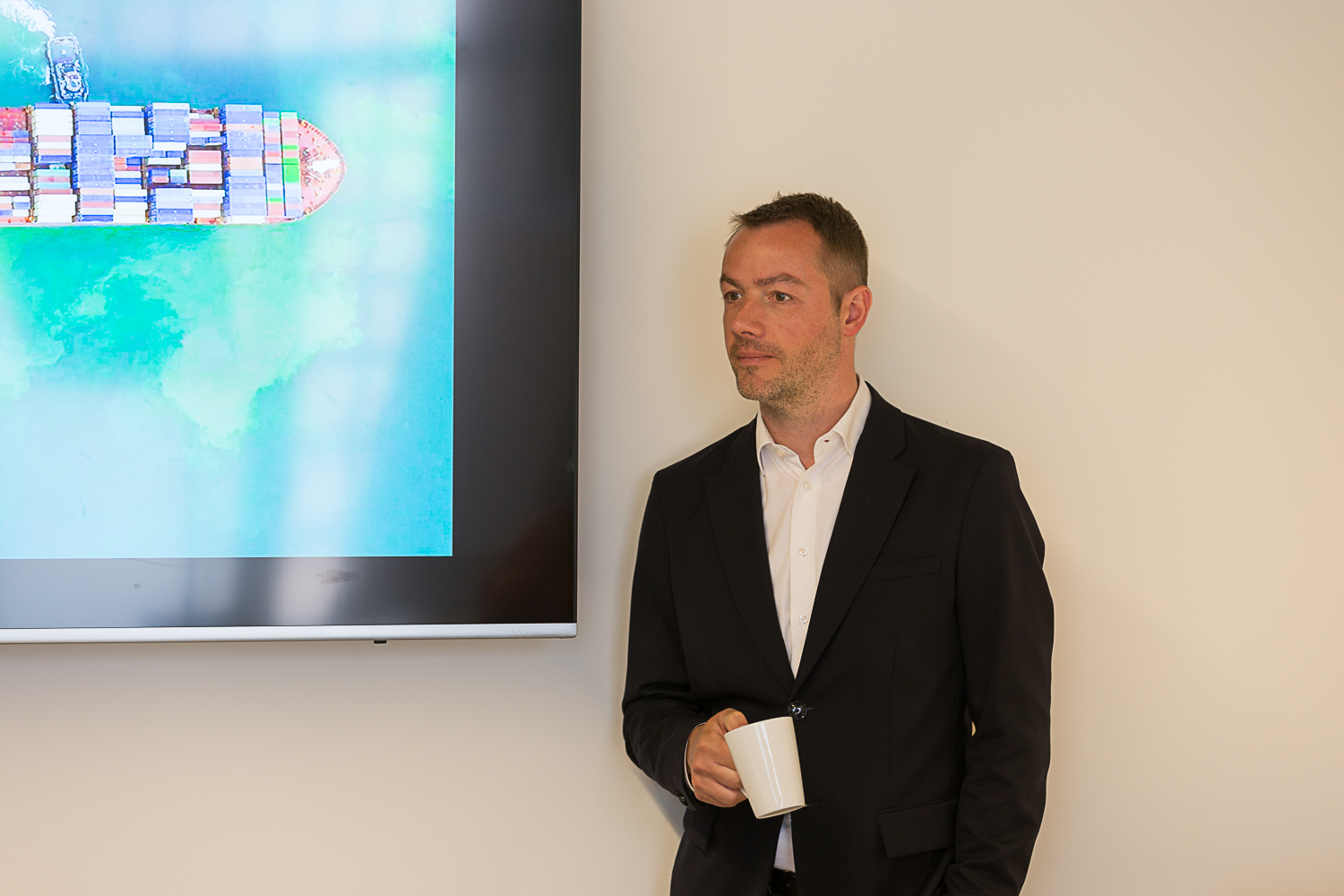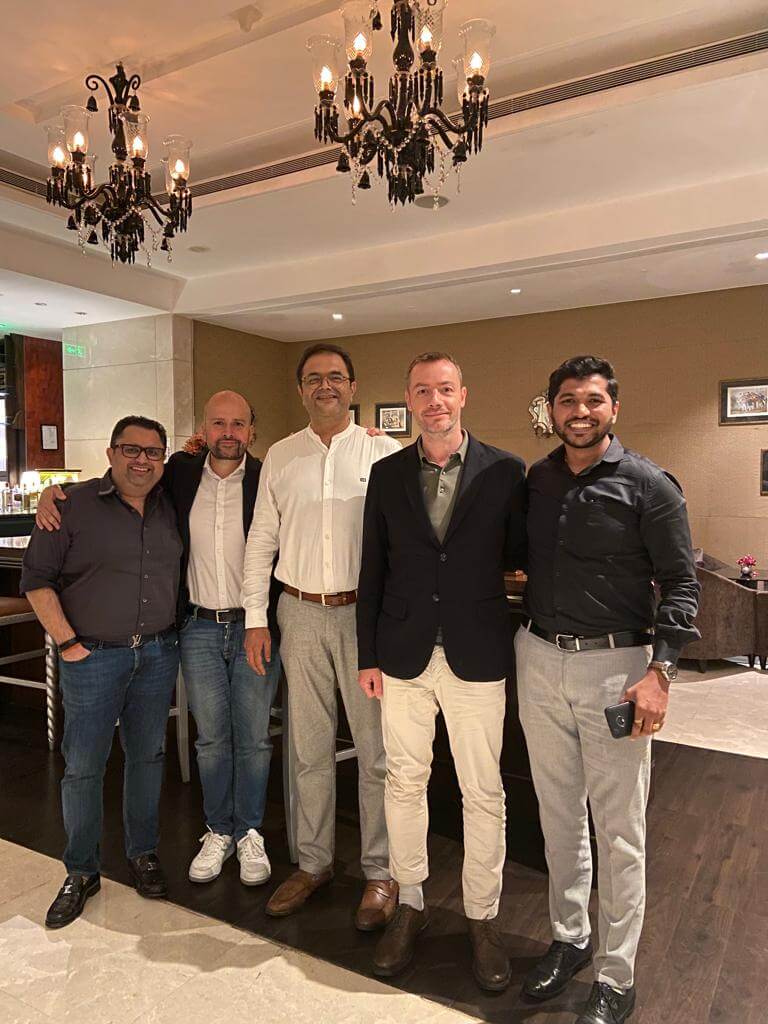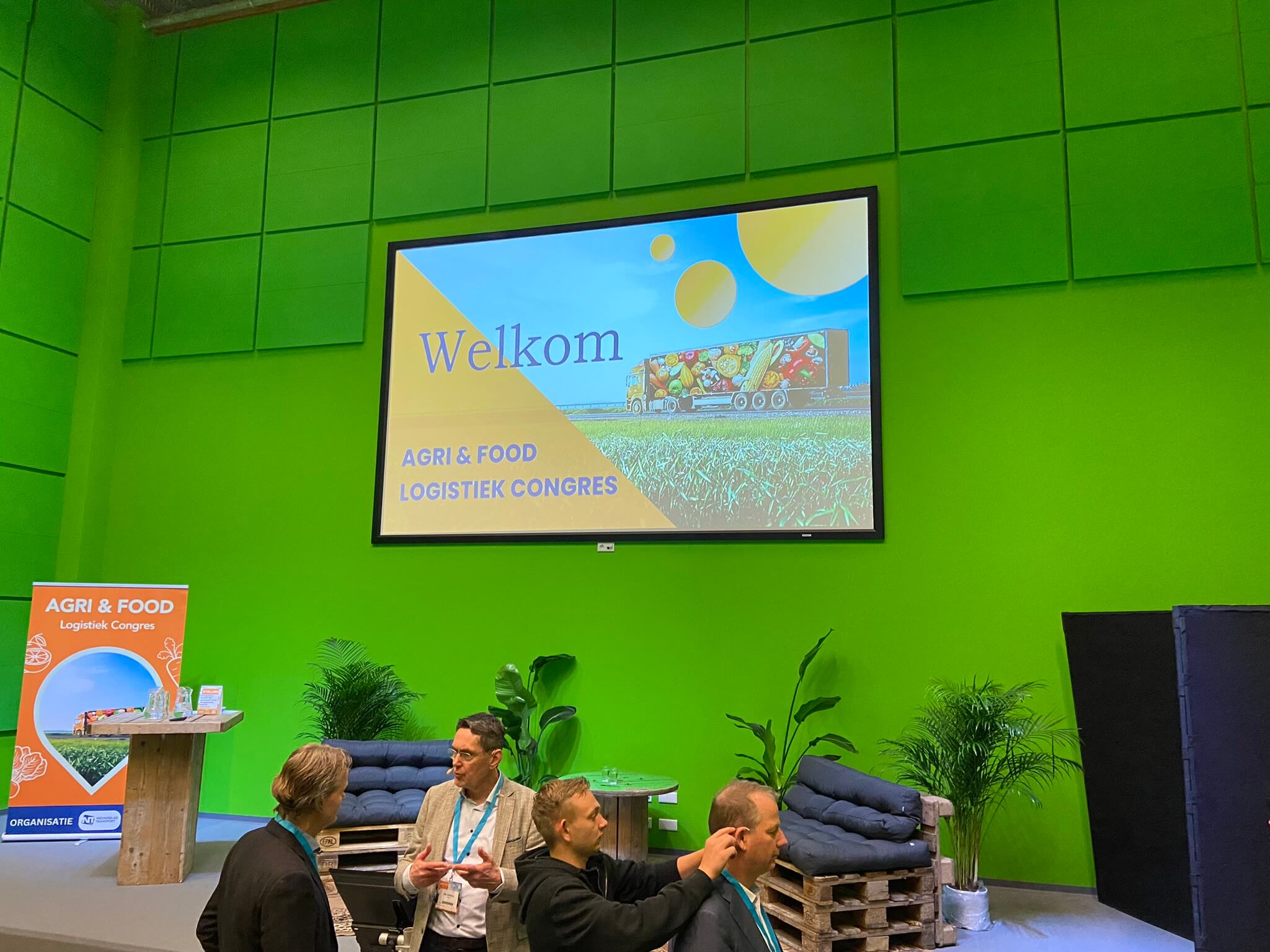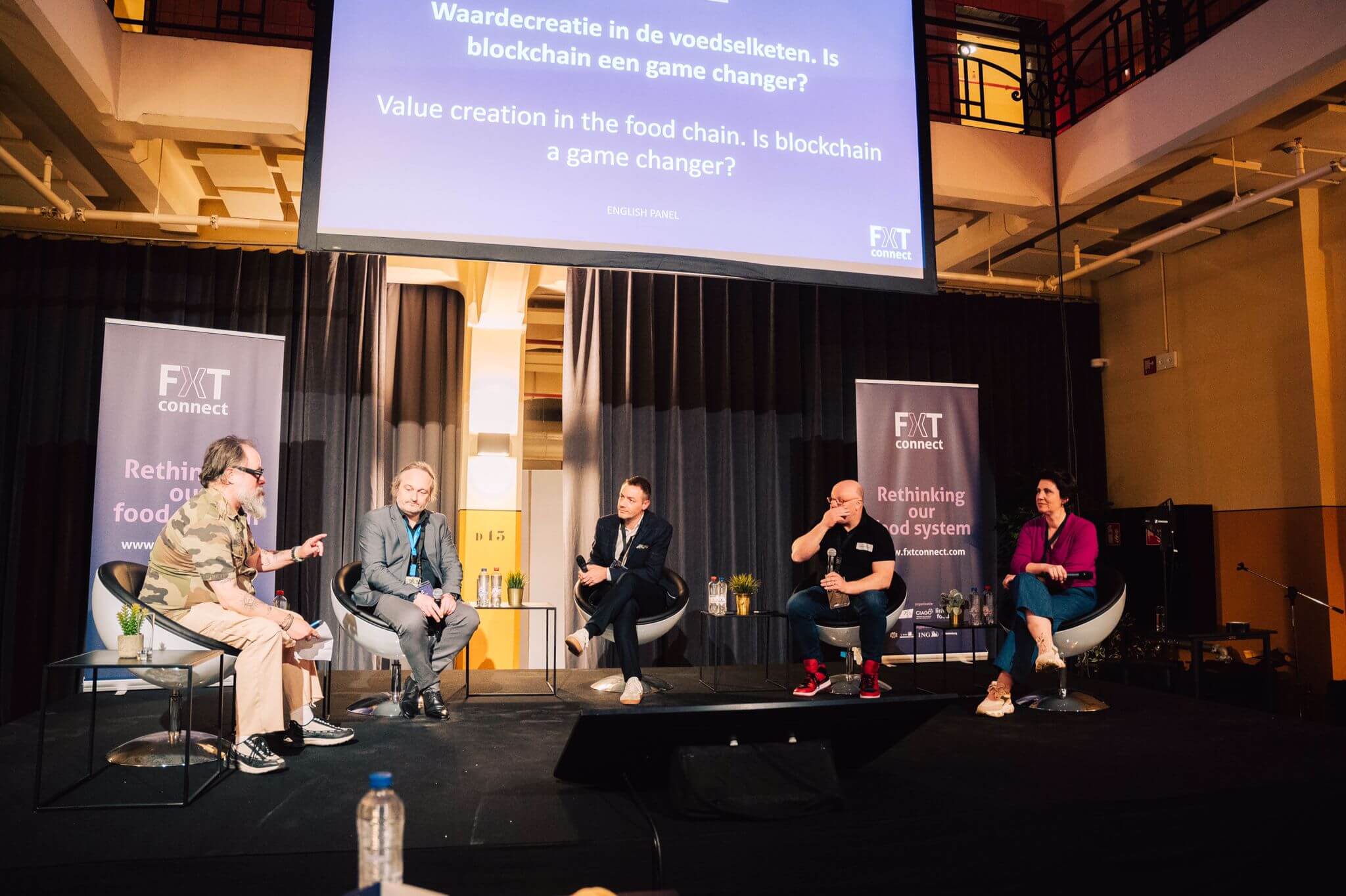
The FXT Food Summit in Genk, Belgium, recently brought together experts from various industries to discuss the latest trends and technologies in the food industry. One of the topics that generated a lot of interest and discussion was blockchain technology and its potential applications in the food supply chain. Steve Alaerts, a partner at Foodcareplus and recognized as an innovator in the food industry by the organizer, was invited to join a panel discussion on this topic.
During the blockchain panel, Steve Alaerts joined several other distinguished panelists, including Damien Taylor (CEO of ChefChain), Koen Vingerhoets, a blockchain evangelist from Fujitsu, Nathalie Versichele (CEO of Nyala Blue), and Johan Jörgensen (CEO of Sweden Food Tech), who moderated the debate. The panel highlighted the potential benefits of blockchain in ensuring food safety and quality. However, they also acknowledged that implementing blockchain technology in the food industry has been slower than expected.
Foodcareplus has also observed that implementing blockchain technology in the food logistics sector could be faster. One possible explanation is that the past two years have presented significant logistical challenges, diverting attention and resources from implementing blockchain.
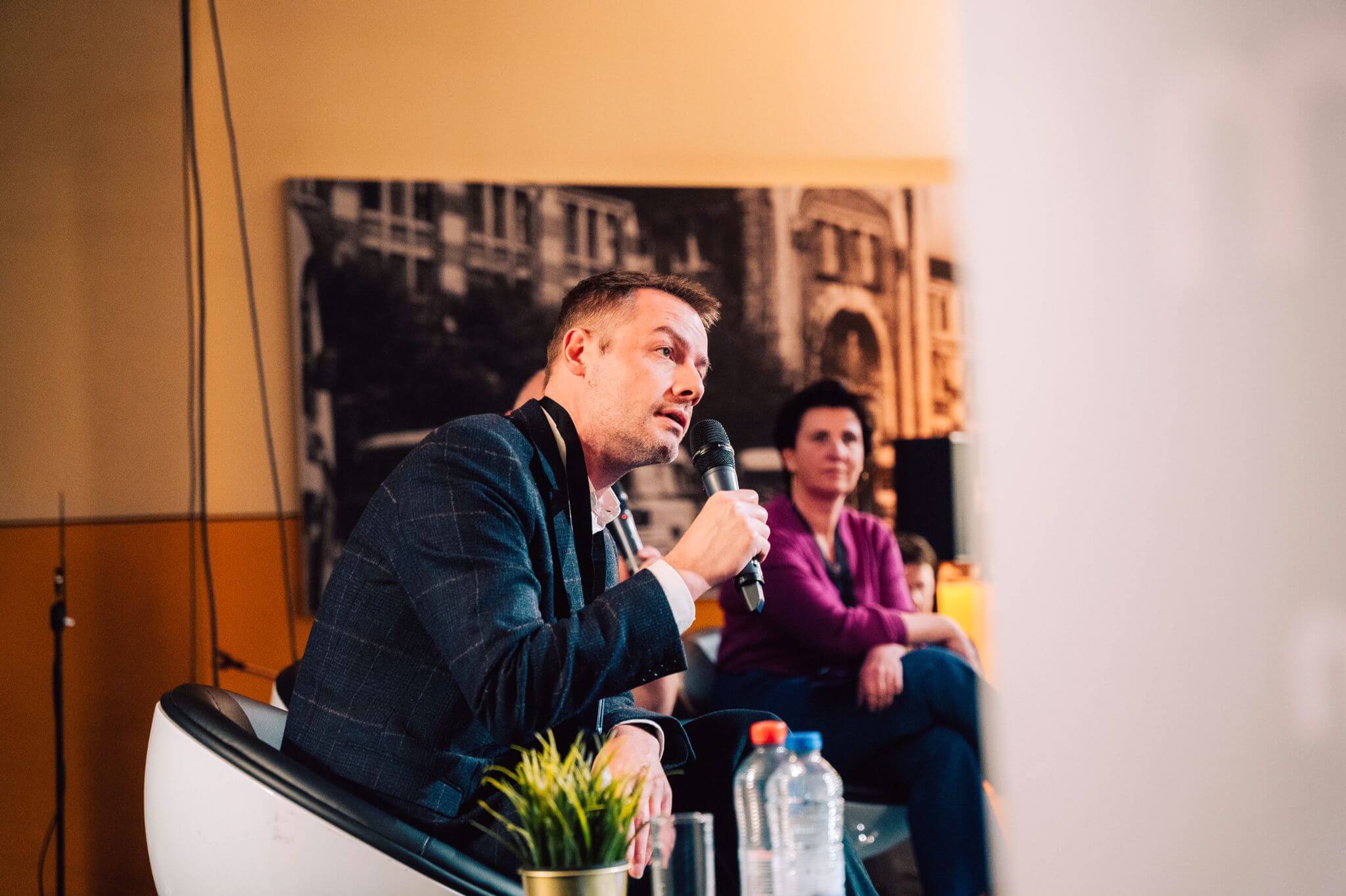
Despite the slow implementation, there is still significant interest in the potential of blockchain to improve the food supply chain. As consumers become more concerned about food safety, sustainability, and transparency, the demand for greater accountability and traceability is only growing. Blockchain technology can provide a decentralized, transparent, and secure system for tracking products from farm to fork, helping to ensure food safety and quality while promoting sustainability.
However, the implementation of blockchain in the food industry faces several challenges. One of the main challenges is the high cost of investment, which can be a significant barrier for small and medium-sized enterprises. Additionally, there are issues around data privacy and security that need to be addressed, along with the need for collaboration and standardization across the industry.
Despite these challenges, the FXT Food Summit panelists were optimistic about blockchain’s potential to revolutionize the food industry. Collaboration and innovation would be vital in overcoming the challenges and unlocking the full potential of blockchain technology.
The FXT Food Summit in Genk provided an excellent platform for experts in the food industry to come together and discuss the latest trends and technologies. The last panel discussion on blockchain highlighted the potential benefits of this technology and the challenges the food industry must address to make it a reality. The panelists advise the food industry to start small and solve issues with a clear return on investment.


